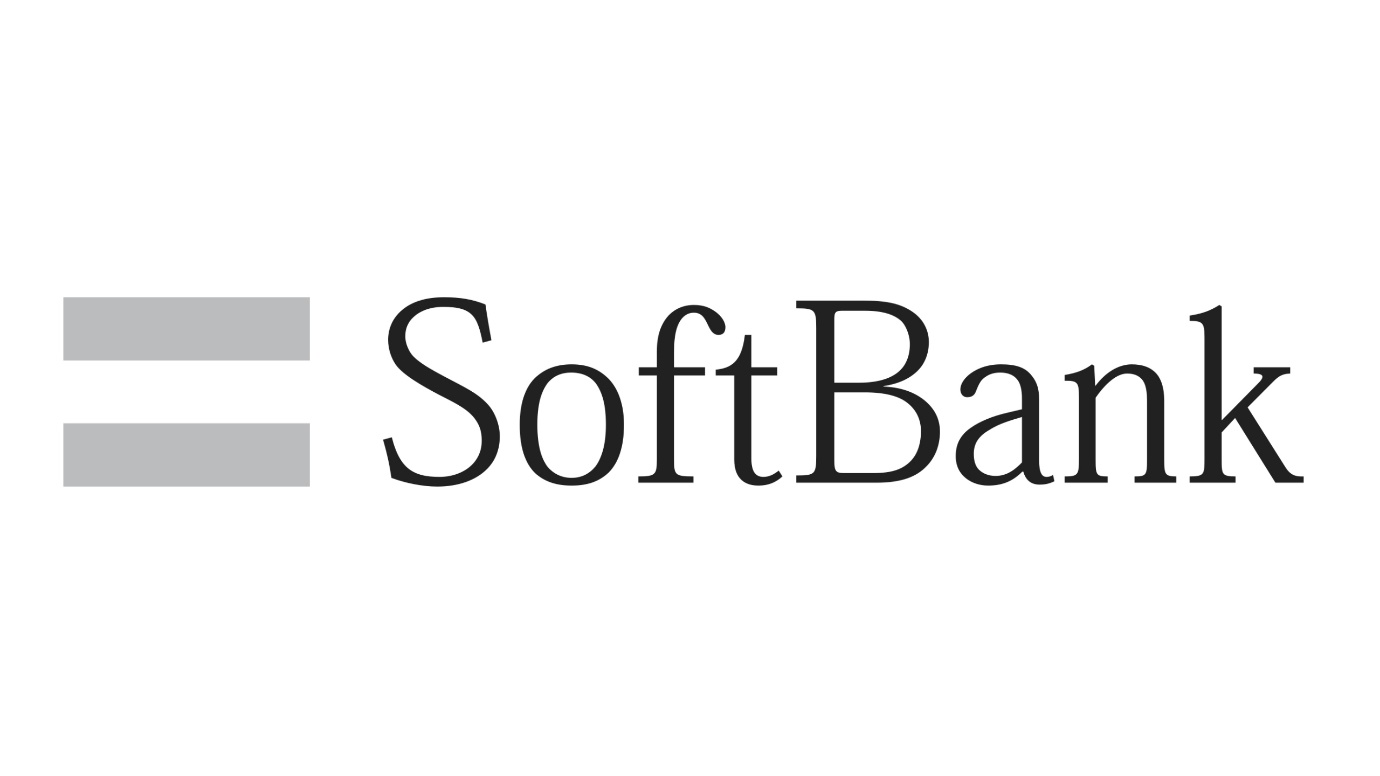
Why Skills-First Leadership Is Replacing the Ivy League Playbook in the C-Suite
The old prestige pyramid—where Ivy League degrees and blue-chip consulting backgrounds paved the way to the CEO seat—is cracking.

May 16, 2022: -On Thursday, SoftBank reported a record loss at its Vision Fund investment unit, as the increasing interest rates have whipped technology stocks, and the regulatory crackdown of Beijing has hurt its China holdings.
The Japanese giant’s Vision Fund posted a 3.5 trillion-yen loss ($27.4 billion) for its fiscal year, a huge loss since the investment fund started in 2017.
Vision Fund’s woes contributed to a record 1.7 trillion-yen annual loss for the entire SoftBank group. Its shares are closing 8% lower in Japan on Thursday.
SoftBank’s Vision Fund invests in high growth stocks and is the brainchild of founder Masayoshi Son as a way to reposition the company into an investment firm.
But global markets have been in turmoil as investors contest rampant inflation and the U.S. Federal Reserve raising interest rates that have caused investors to flee high-growth tech stocks.
The ongoing Russian war on Ukraine and a resurgence of Covid-19 in China, and the subsequent lockdown of the financial mega-city Shanghai have fueled concerns over global growth and added extra pressure on markets.
According to an official translation, Son said during an earnings presentation on Thursday that these factors have caused “confusion in the world” and the markets.
South Korean e-commerce firm Coupang, which went public in the previous year in the U.S. and is down almost 60% this year, was one of the companies that contributed to the Vision Fund’s loss. Singaporean ride-hailing giant Grab and U.S. delivery firm Doordash were among the other woeful performers in the portfolio.
SoftBank also recorded write-downs in valuations for a few of the private companies that it invests in.
Son said the company would go into “defense” mode due to the headwinds. This will include having “stricter” criteria for new investments and being more “conservative when it comes to the pace of new investments.”

The old prestige pyramid—where Ivy League degrees and blue-chip consulting backgrounds paved the way to the CEO seat—is cracking.

Loud leaders once ruled the boardroom. Charisma was currency. Big talk drove big valuations.

But the CEOs who make history in downturns aren’t the ones with the deepest cuts

Companies invest millions in leadership development, yet many of their best executives leave within a few years. Why?

The most successful business leaders don’t just identify gaps in the market; they anticipate future needs before anyone else.

With technological advancements, shifting consumer expectations, and global interconnectedness, the role of business leaders

Following a distinguished Law Enforcement career Joe McGee founded The Securitatem Group to provide contemporary global operational specialist security and specialist security training products and services for private clients, corporate organisations, and Government bodies. They deliver a wide range of services, including complete end-to-end protection packages, close protection, residential security, protection drivers, and online and physical installations. They provide covert and overt investigations and specialist surveillance services with a Broad range of weapons and tactical-based training, including conflict management, risk and threat management, tactical training, tactical medicine, and command and control training.

Jay Wright, CEO and Co-Owner of Virgin Wines infectious energy, enthusiasm, passion and drive has been instrumental in creating an environment that encourages talent to thrive and a culture that puts the customer at the very heart of every decision-making process.

Fabio de Concilio is the visionary CEO & Chairman of the Board at Farmacosmo, a leading organization dedicated to mental health and community support services. With a deep commitment to identifying and meeting customer needs, Fabio ensures that high standards are maintained across the board.

Character Determines Destiny – so said Aristotle. And David CM Carter believes that more than anything else. For David, it has been numerous years of research into codifying Entelechy Academy’s 54 character qualities that underpin everything he stands for as a leader and teacher.


Leave us a message
Subscribe
Fill the form our team will contact you
Advertise with us
Fill the form our team will contact you